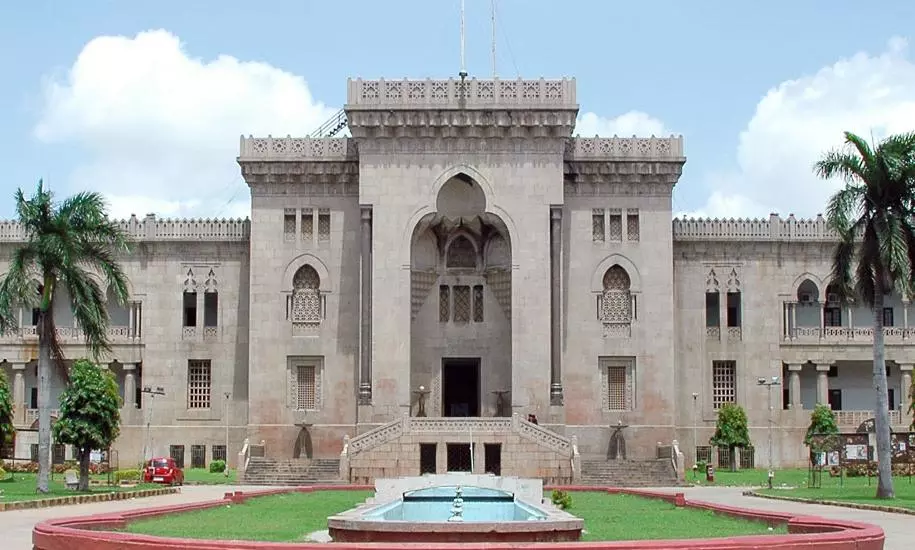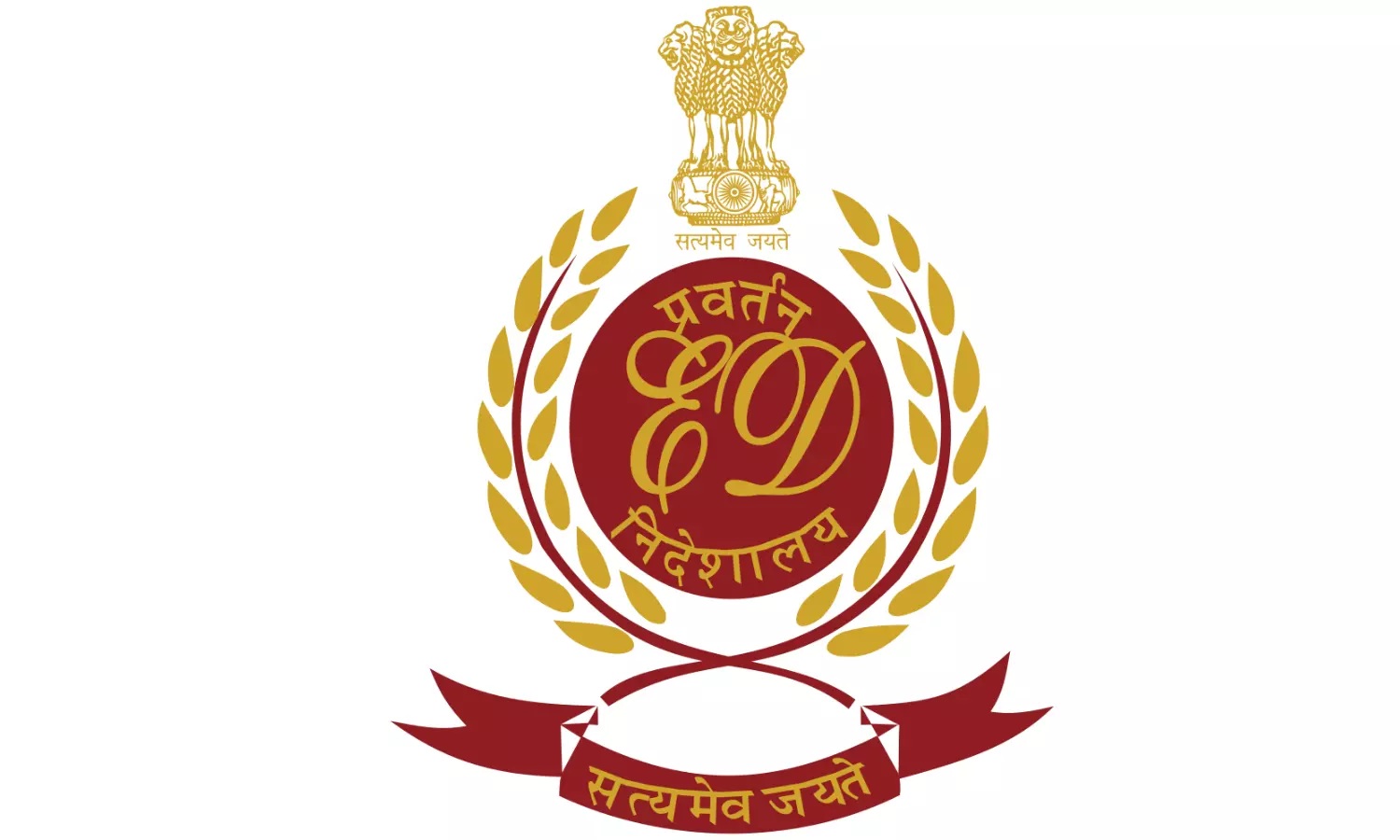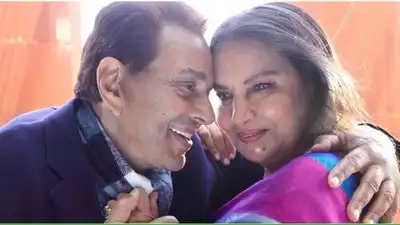
Hyderabad: A senior professor at Osmania University has accused her PhD student and the head of the department of genetics of publishing sensitive research data from an ongoing government-funded cervical cancer project without her knowledge or consent, while she was away on university-sanctioned official work in the United States.
Prof. Smita Pawar, who has led cervical cancer research at the university for over a decade, alleged that her student Shivaji Naik Bhanothu, with support from Surekha Rani, the head of the department, misused and published a manuscript and datasets originally generated in her lab under a SERB-funded project.
The paper names Rani as the corresponding author and includes a GEO NCBI accession number that directly links to data her team had uploaded as part of official project reporting. The manuscript, she said, had been written over two years ago but was deliberately held back for wet-lab validation before publication.
Pawar’s research focuses on identifying early diagnostic biomarkers and therapeutic targets for cervical cancer, integrating bioinformatics and molecular biology. Her lab has received funding from agencies like the SERB and ICMR for projects combining in silico modelling with lab-based validation for improved detection and treatment of cervical cancer.
“This was not the student’s work. He had done nothing credible in six years. The manuscript was an early draft we were still refining. Instead, while I was away, they published it without authorisation,” she said. Pawar also pointed out that one of the co-authors, Dr Venu, a former PhD student now in the US, withdrew his name after learning of the alleged misuse.
Rani confirmed that she was appointed pro tem guide by the Registrar and said the university had instructed all departments to complete PhD submissions and vivas by July 31. She declined further comment and referred queries to the administration.
Osmania University vice-chancellor Kumar Molugaram, speaking to Deccan Chronicle, said the university was aware of the complaint and was waiting for Pawar to return to examine the matter. “She was sent on university-sanctioned work abroad. We have been occupied with PhD admissions, convocation, and a recent VCs conference. We will look into this complaint along with others currently being handled,” he said.
He, however, admitted that the university had not issued any formal acknowledgment of Pawar’s complaint nor assured her of a resolution. Despite multiple follow-ups, no one from the administration, including the Registrar or Rani, responded to her emails or calls.
Bhanothu, speaking to Deccan Chronicle, said he was vexed after his research topics had been changed multiple times over the past six years, even during peak submission timelines, and hence requested a pro-tem guide, which was approved by the Standing Committee.
When asked if he had taken permission to use data from Pawar’s research, he said, “I tried, but she never responded and I was running out of time. I wouldn’t call it hers but ICMR data.”
“What is shocking is that no one reached out to me for clarification. Instead, they rushed through Bhanothu’s second seminar and pre-viva. They sought explanations only from the people I named in my complaint, not from me,” Pawar said.
She believes the matter is being pushed through before her return to Hyderabad next month, taking advantage of her absence. “In the US, such academic misconduct would result in serious penalties. But here, a student with connections is being shielded while my lab’s work is being hijacked,” she said.


















.png?w=700&c=0)







































